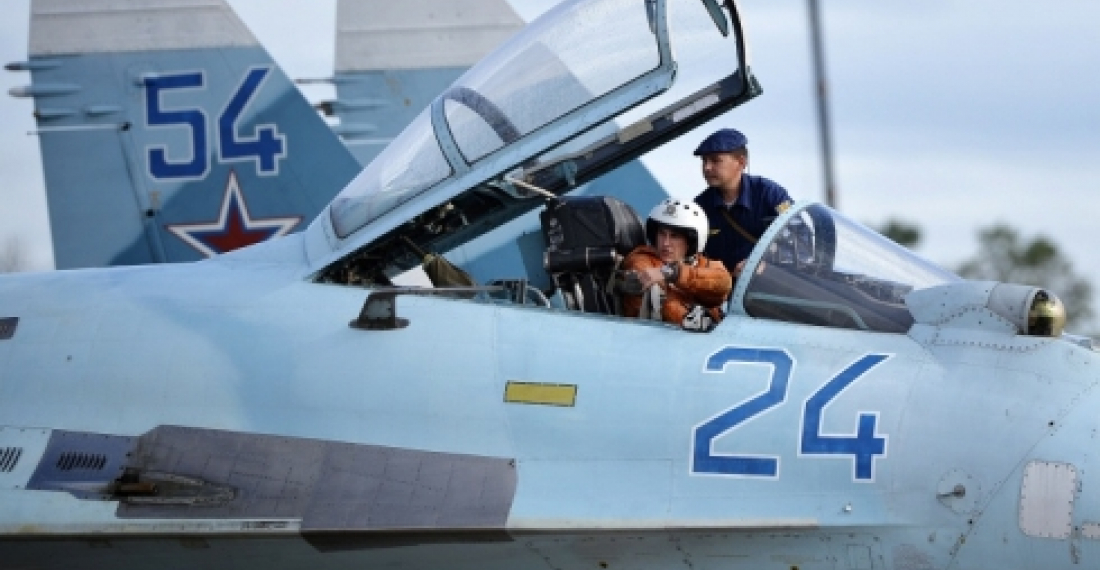Units of the Baltic Fleet, Southern Military District and Airborne Forces have been brought to the highest state of combat readiness in the framework of large-scale strategic drills, according to the Russian News Agency TASS quoting the Russian Defense Ministry's press service.
"A number of military units and formations of the Baltic Fleet, Southern Military District and Airborne Forces have been moved to the highest state of combat readiness and started entering land and sea ranges," the press service said on Tuesday.
In accordance with the snap check plan for Russia's Northern Fleet and separate formations of the Western Military District the country's Air Force has begun redeployment of aircraft to alternate airfields, the press service said.
"About 50 warplanes and helicopters will be redeployed within the next day at distances from 400 to 4000 km," the statement says. "The forward teams of aviation experts have arrived at the designated aerodromes to examine and prepare airfields for the landing of aircraft equipment."
The MiG-31, Sukhoi Su-27, Su-24 fighters and the military transport aircraft Antonov An-12 and An-26 of the Western Military District, aviation of the Air Force and Air Defense command are engaged in the redeployment of warplanes and helicopters (Su-27, Su-24M, Mi-8AMTSh Mi-24) to alternate airfields.
Three ship groups of Northern Fleet deployed to Barents Sea within snap check.
Three groups of surface ships of the Russian Northern Fleet have been moved from the Kola bay to the Barents Sea within a snap combat readiness check, a spokesman for the Russian Defence Ministry told reporters on Tuesday.
According to him, the Northern Fleet navy men crews together with aviation will drill an operation to search for submarines of the simulated enemy.
According to TASS the surprise inspection of the Northern Fleet and separate formations of the Western Military District involves some 38,000 troops, 3,360 units of military equipment, 41 warships, 15 submarines, 110 warplanes and helicopters.
source: commonspace.eu with ITAR TASS
photo courtesy of Itar Tass







